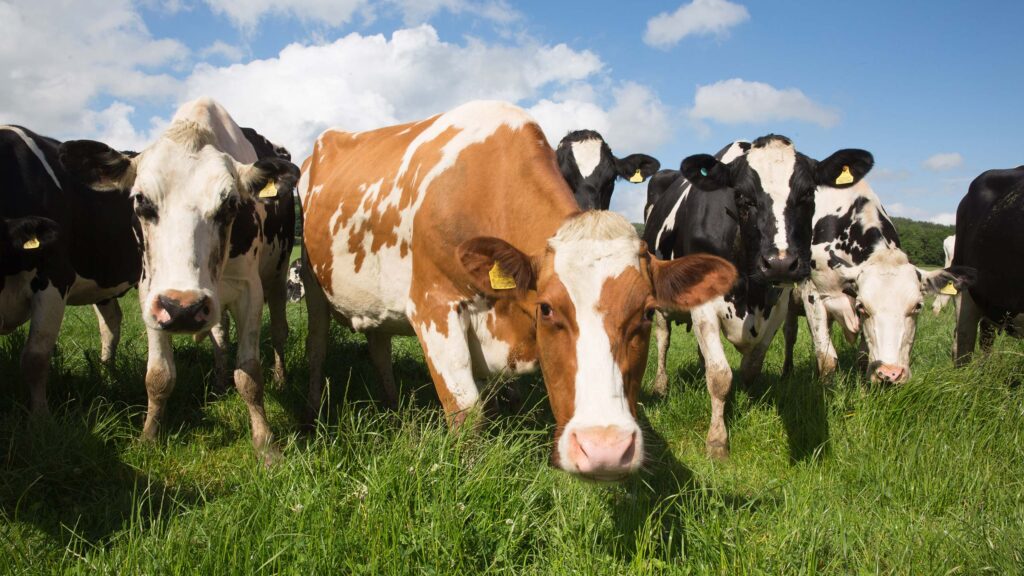Revamped Dairy Roadmap aims to unite supply chain
 © Tim Scrivener
© Tim Scrivener A new chapter for the Dairy Roadmap has been revealed, which aims to make the dairy sector more sustainable as it shares responsibility across the whole supply chain.
The changes, announced on 7 July, are designed to bring the dairy value chain under one governance structure.
A new steering group is being established with representatives from the AHDB, Dairy UK, NFU, Arla Foods UK, Dale Farm, First Milk, Lactalis UK & Ireland, Muller UK & Ireland, Tesco, Sainsbury’s, Morrisons, McDonald’s and Sysco GB.
The group will collectively set the strategic direction of the Dairy Roadmap, which originally launched in 2008, driving collaboration and aiming to ensure shared responsibility for environmental progress at every step of the supply chain.
See also: Are smaller dairy cows a concern for the beef supply chain?
The renewed focus also aims to give farmers an equal voice, working alongside the major retailers, food service and wholesale organisations, and processors to meet key climate, nature and water goals, while upholding high standards of animal welfare.
Arla Foods UK managing director Bas Padberg is the new chairman of the Dairy Roadmap.
He said dairy had a key role to play in feeding people, but the industry must also ensure it limited its impact on the environment and reduced emissions.
“Collaborating across the industry and with the biggest retailers and food service partners shows the commitment that we have in our sector to create a more resilient and sustainable future for our food,” Mr Padberg said.
The Dairy Roadmap will oversee the creation of a new Sustainable Dairy Pathways Report, which will be independently conducted and will highlight the funding and innovations needed to reach net zero and other key sustainability goals.
Dairy farmers and other industry stakeholders across the UK will be invited to help shape the report, which will be launched in 2026.
NFU National Dairy Board chairman Paul Tompkins said: “As customer and regulatory expectations continue to evolve, it is clear that the entire sector must rise to this growing challenge in order to maintain our valued place in baskets.”
Emission and sequestration tools
As part of the process, farmers, processors and others across the supply chain can continue to use their verified emissions and sequestration tools.
It is understood that the Dairy Roadmap will not specify any one tool over another, and will focus on maintaining and strengthening existing relationships between supply chains and carbon footprint tools.
Farmers Weekly understands the Roadmap has been working with all the major farm carbon footprint tools to ensure they are utilising the International Dairy Federation’s life cycle assessment methodology for dairy to create a level of standardisation.
The tools and data already collected will help maintain and build on the scientific progress and knowledge gained so far on dairy sustainability.
